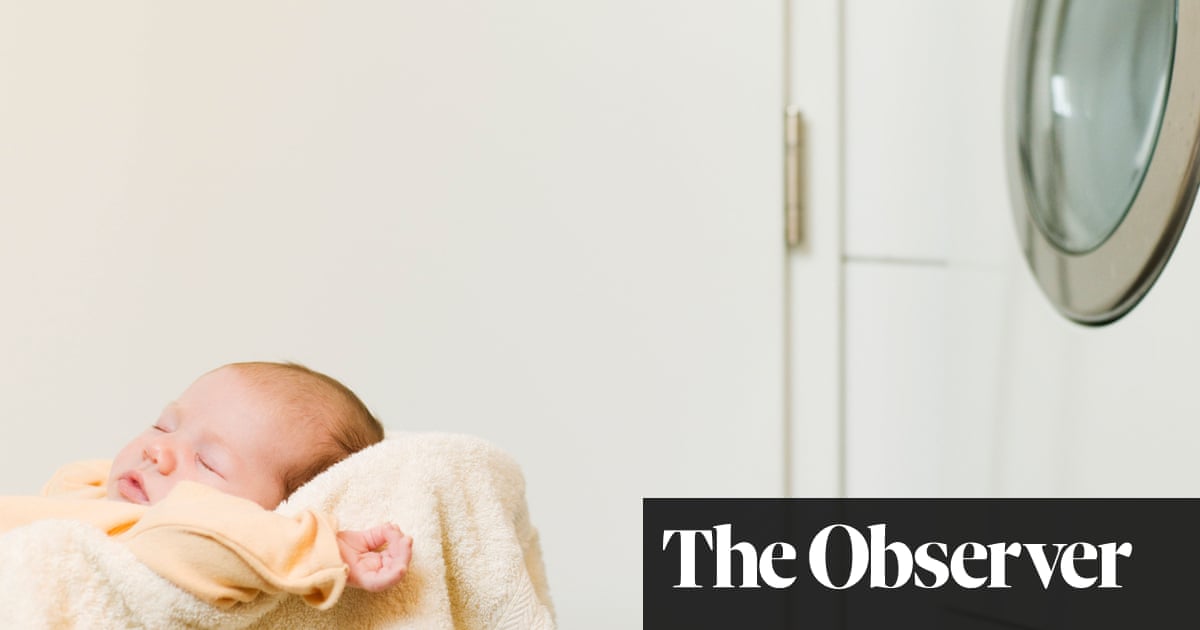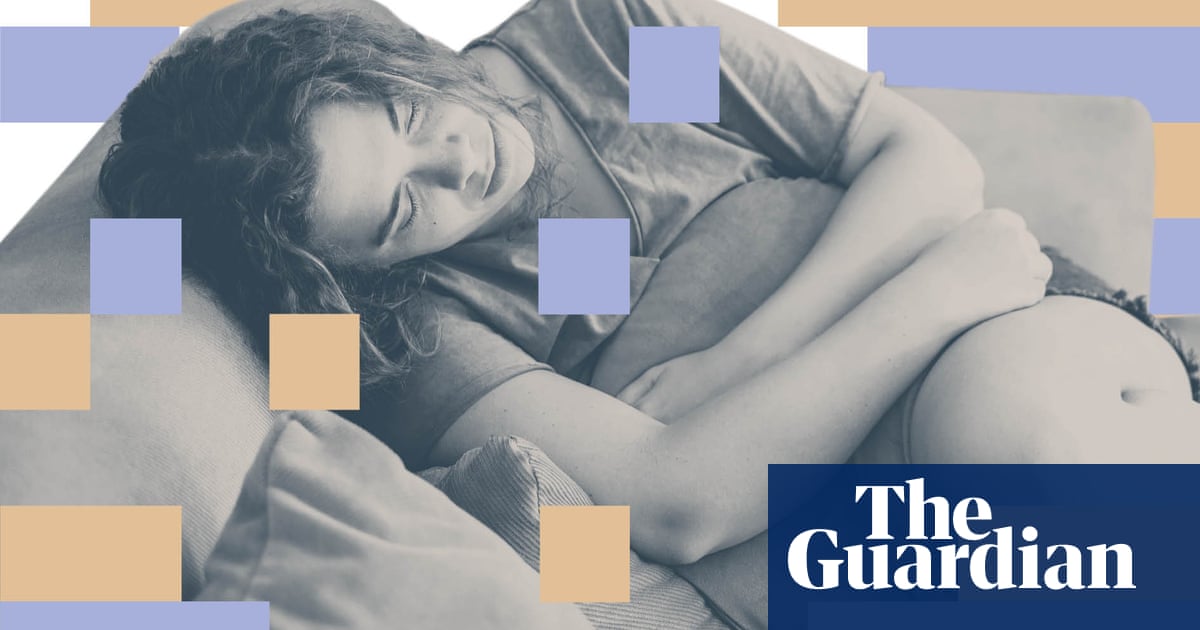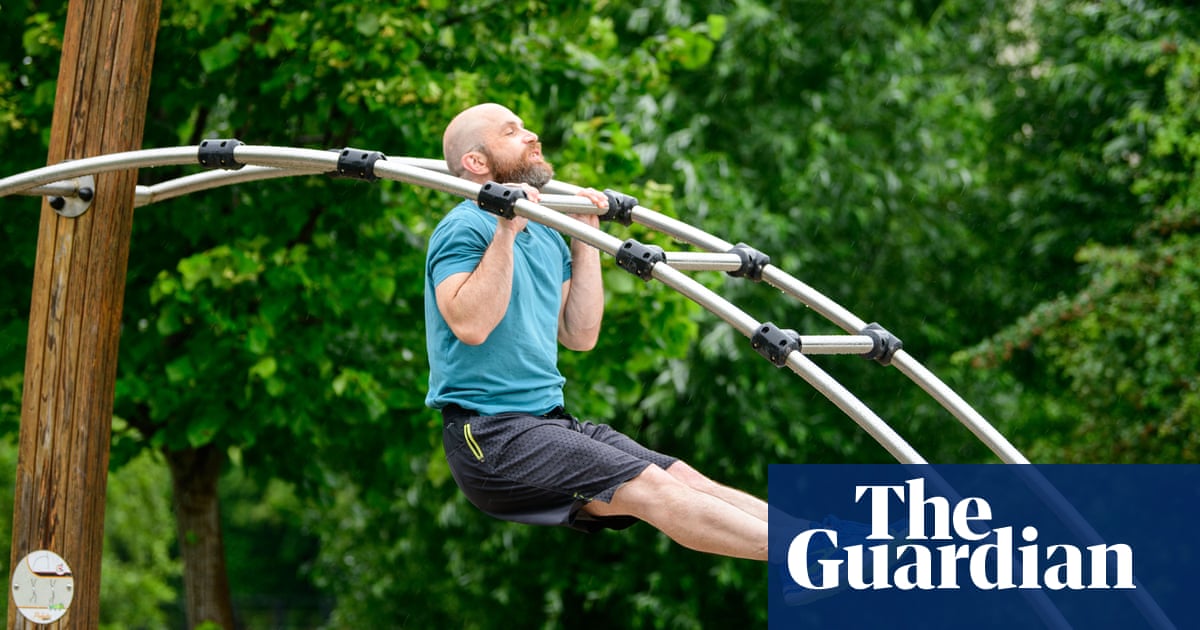Babies should not be positioned in a darkish, silent space for a sleep but in a lightweight space with historical past sound like a cleansing gear, knowledgeable has really claimed.
Prof Helen Ball, a scientific marketing consultant for the charity The Lullaby Trust that has really executed relaxation research with better than 5,000 mothers and dads and kids at Durham University, claimed lengthy daytime snoozes resemble “mini night times” that may intrude with kids’ relaxation once they successfully fall asleep.
She thinks mothers and dads ought to permit kids and younger kids snooze usually in a lightweight space, with historical past sound so that they stand up themselves if they’ve really had satisfactory relaxation.
Ball, an anthropologist that gained a Queen’s Anniversary reward for her research on mothers and pop and child relaxation in 2018, claimed: ‘The pressure to control babies and give them scheduled sleeps, so they fit in with our clock-driven routines, is getting worse now we have so many baby sleep coaches, baby sleep monitors and apps about ‘wake windows’ which assert to compute particularly when an toddler requires to snooze.
“Babies, like us, biologically must construct up sleep strain – tiredness from vitality expended within the mind via the day – to go to sleep. So they naturally nap at completely different instances on completely different days, relying on whether or not, for instance, they’ve been for a stroll with a number of tiring sensory stimulation, or have been inside.
“Putting them down to sleep in a silent dark room at a set time for a prolonged period during the day is great for parents who want some down-time or to get some housework done. But it doesn’t make sense at all for babies who, when they have these mini night-times during the day, are more likely to then be awake during the night.”
NHS suggestions states: “It’s a good idea to teach your baby that night time is different from daytime from the start. During the day, open curtains, play games and do not worry too much about everyday noises when they sleep … Your baby will have their own pattern of waking and sleeping, and it’s unlikely to be the same as other babies you know.”
Babies can stand up in the course of the night time since they’re ravenous, teething, refining a brand-new potential they’ve really found, or coping with splitting up stress and nervousness and wanting comfort. Sleep coaching, which suggests mothers and dads enabling kids to weep once they wake in the course of the night time with out mosting more likely to them, to encourage them to self-soothe, is discouraged by Ball, whose publication How Babies Sleep will definitely be launched following month. She claimed: ‘This stems from previous generations’ suggestions that mothers and dads wanted to disclose kids they supervised and acquire them proper right into a routine of resting.”
She recommends mothers and dads seize up on relaxation by going to sleep beforehand, since kids stay asleep for the lengthiest period originally of the night, enabling mothers and dads to acquire some deep relaxation previous to their child wakes. Older kids’ going to beds would possibly moreover be moved in a while, so it’s in a while within the night once they initially wake weeping, she claimed.
The most popular suggestions when it entails snooze instances is to view kids for indicators of fatigue, like scrubing their eyes, yanking their ears or yawning.
But Ball claimed: ‘These obvious tiredness cues can simply be an indication of boredom, and the necessity for a change in exercise. Even if they’re drained, the newborn isn’t essentially prepared for a nap, so a mother or father could possibly be attempting to rock them to sleep for a very long time with no luck and for no motive.
“If people wait for babies to fall asleep naturally, rather than imposing naps on them, it could save a lot of frustration and time which could be spent doing better things.”
Scheduled naps are sometimes inspired by child sleep “consultants”, a rising trade, and social media influencers.
Andrea Grace, a sleep marketing consultant who advocates scheduled naps, mentioned: “Wake windows can be useful for parents to feel more confident on when their babies need to sleep. A schedule based on these can prevent infants becoming overtired, which then makes it harder for them to sleep.”
Prof Paul Gringras, scientific lead for kids’ s relaxation remedy at King’s College London, and head of state of the International Paediatric Sleep Association, claimed: “Psychology and medical sleep professionals have a tendency to understand that it’s not all the time ‘one size fits all’ and that completely different households would possibly want completely different approaches.
“But within the first three months, I don’t assume any would help extraordinarily inflexible schedules for child sleep, as they don’t align with pure sleep-wake cycles and might intrude with feeding.
“All families are different, and where parents’ mental health and wellbeing is really suffering, they might try to get babies to nap at around the same time, because that rhythm in the day is useful.”
He included: “Some studies suggest that controlled crying – when babies are left to self-soothe at night – causes them stress, shown by higher levels of cortisol. However, other studies looking at children after a variety of bedtime routine strategies showed no difference in cortisol levels, so there is still some debate around this.”
He advised households to examine the certifications of kid relaxation consultants, because the profession is uncontrolled.



